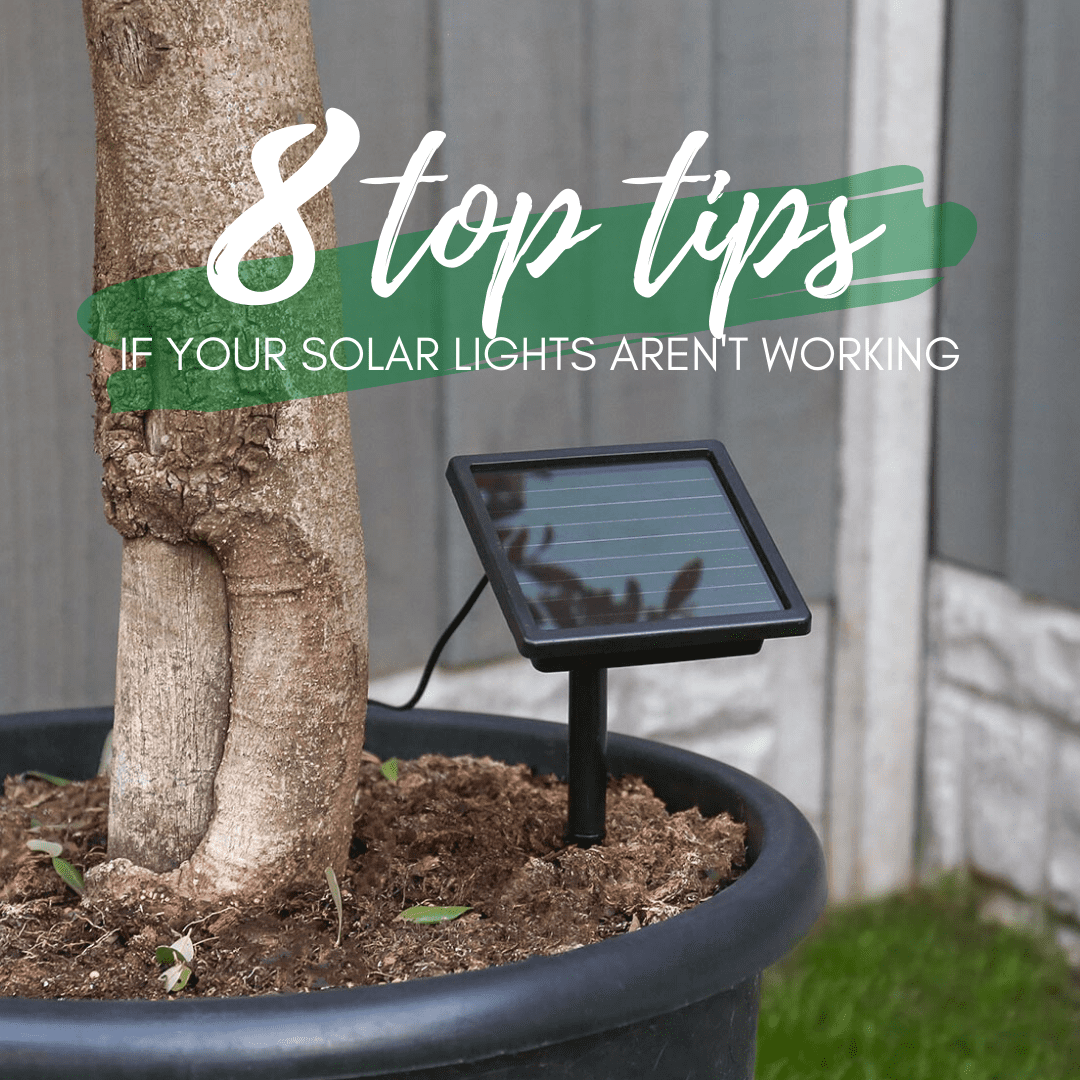How do solar lights work?

With no energy costs and often simple installation, more and more people are putting their faith into the solar revolution, particularly for simple garden lights. Recent advancements in the technology enable them to be used all year round, but how do they actually work?
Solar panels and photovoltaic cells
It’s a very simple concept. All solar lights come with either an external or integrated solar panel. This panel has a photovoltaic cell inside, and this converts sunlight into an electrical current. The size and quality of the solar cell will influence how effective the solar panel actually is. As this photovoltaic technology improves, prices are coming down, and longer lasting solar technology is becoming more and more apparent.

NiMH batteries
Once the solar cell has converted the sunlight into an electrical current, the re-chargeable battery will store this electricity. With solar lights, NiMH batteries are normally used, as they stand up better to daily charging and have a significant environmental benefit, as they can be disposed of without harm to the environment. This is opposed to the standard NiCAD batteries used in regular electrical goods.

LEDs
All of our solar lights use LED technology, or “light-emitting diodes” to use their official term. These consist of miniature light bulbs that are installed on an electrical circuit. These are far more energy efficient than old style filament bulbs, and last for upwards of 10,000 hours, as opposed to filament bulbs which last for around 3,000. These LED bulbs also don’t generate heat, making them safe to be fitted in the garden around children and pets.
How do they know when to switch on?
Well solar products incorporate a light sensor, or a photo resistor (see below image) to give it its official term. This intelligent device essentially controls your lights, and decides when they activate. During the day the solar panel will recharge the batteries, but the photo resistor ensures they don’t come on. Once it becomes dusk, this spurs the batteries into life and your lights activate.

What happens when there is no sunlight?
Good question. Due to the advancements in solar technology, they will normally continue to work all year round, even on dull and rainy days. The performance will not match that during the summer months though, especially when it comes to the lower price bracket of solar garden lights. The obvious time to enjoy them is through the summer months, when due to the longer daylight hours, even on dull day you are still going to receive a significant amount of charge from them.





